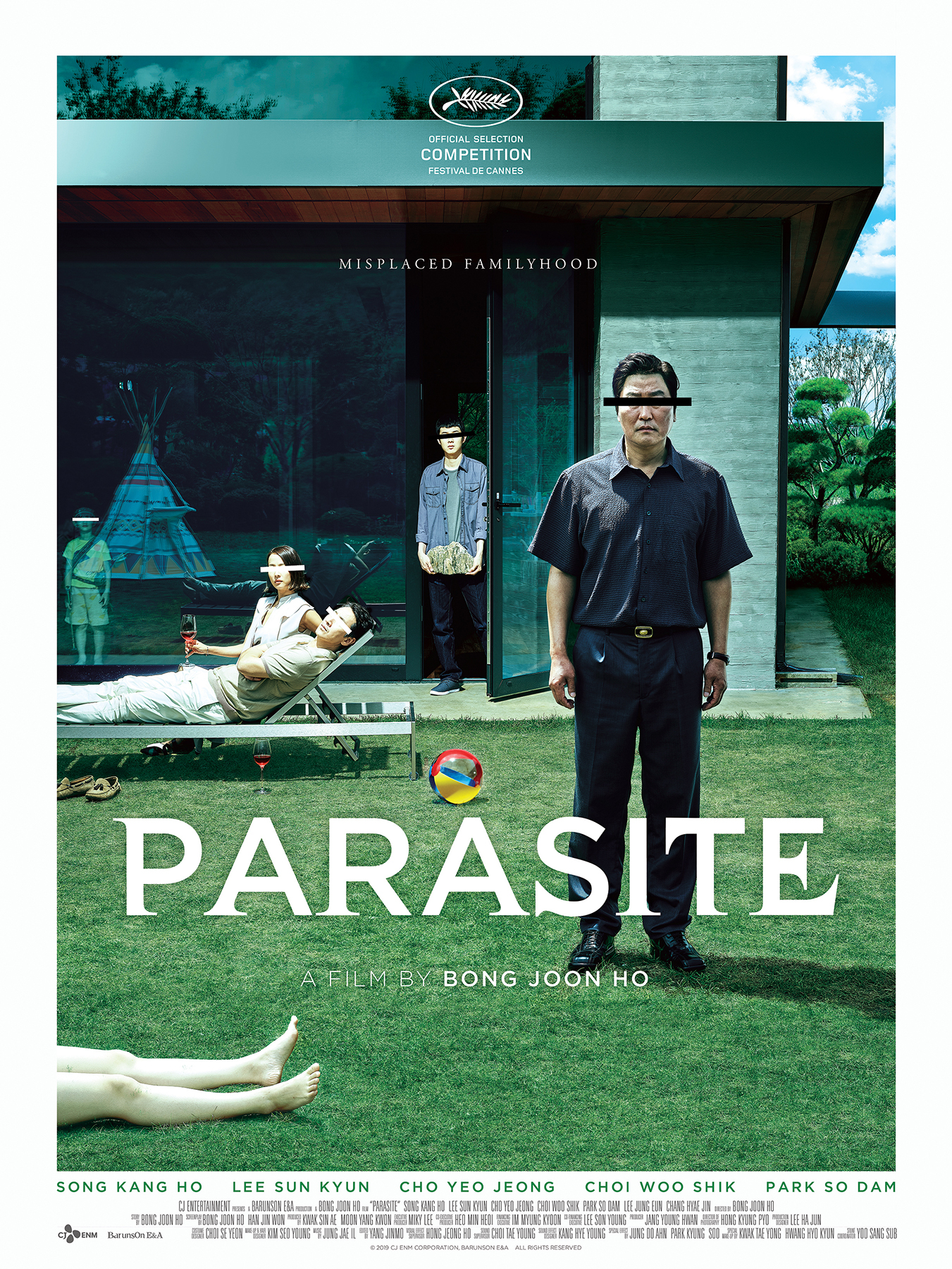Parasite: An Oscar-Winning film about inequalities of the social structure
Each January, the film community around the world will turn its attention to the Academy Awards. With the growing interest and anticipation for the future awardees of the Oscars, hundreds of millions of film fans wait for the very day of the ceremony. The 92nd Academy Awards was held on February 9, 2020 (local time) at the Dolby Theater in LA. Director Bong Joon-ho‘s Parasite was nominated as the Academy’s best film of the year, along with six more nominations for Best Picture, Best Director, Best Screenplay, Best Editor, Best Artist and Best International Film. From those seven nominations, the movie won the awards for Best Screenplay, Best Director, Best Picture and Best International Film. Given the fact that the Academy Awards voters largely ignored Korean movies in the past, it was hard to predict if Oscar members would have supported foreign-language films made by Asian directors this time or not. Nevertheless, from this year’s outcome, diversity acted as an important value to be nominated and awarded in the Academy Awards.
Parasite is a story of a poor family, all unemployed, who encounter an unexpected incident that begins when their eldest son deceives his educational background and tutors a daughter in a rich family. The poor family values money so dearly that they do not close their windows when bug exterminators come to cleanse the streets, thinking “let’s just sterilize the house free of charge”, and it is a daily routine for them to watch drunkards urinate through the semi-basement windows. In order to escape from the extreme depths of poverty and heavy misfortunes that it brings, the family plots to replace all existing employees of the rich family through a sequential planning. The eldest son creates a fake academic credential to make his little sister employed as a tutor of the house and spread deadly rumors about the original car driver so that his father can turn into a new driver. With the plans that ran out successfully, the family seemed to enjoy the much-waited ideal life of an upper class family. However, as time goes on, their desire to become a wealthy family deepens, and later it leads to disastrous events.
The overall movie emphasizes income inequality between the wealthy and the poor through portraying how a normal family transfigures into a “parasite” that leeches off of others to survive. According to the words of the director Bong Joon-ho, all the characters shown in the movie live in a “grey area” that is neither good nor evil. The diminished baseline between the good and evil, right and wrong, and virtue and vice shown in the movie largely appeal to the audience as a common experience. By the end of the movie, the audeince learns the feeling of helplessness regarding current society and halt to blame a single person for problems arising from rigid social structure. Parasite is directed so carefully, and contains several metaphors which induce people to contemplate deeper problems of current society.
Next year, the Academy Awards ceremony will be held in January, and film lovers around the world will once again celebrate the greatest movies of the year.
Featured Image—the poster for ParasiteCourtesy of Kim Sang-Man
By Amy Kang

